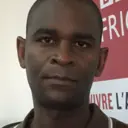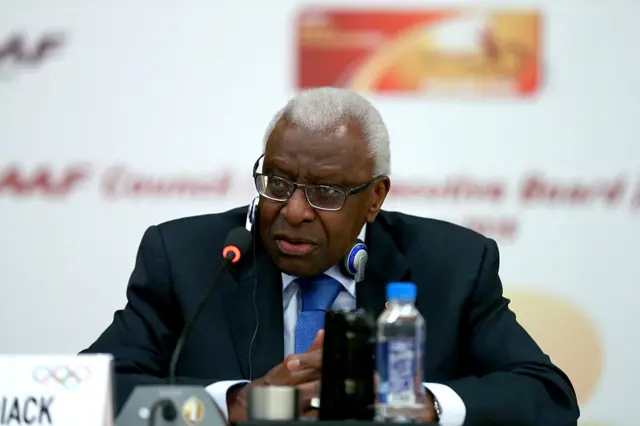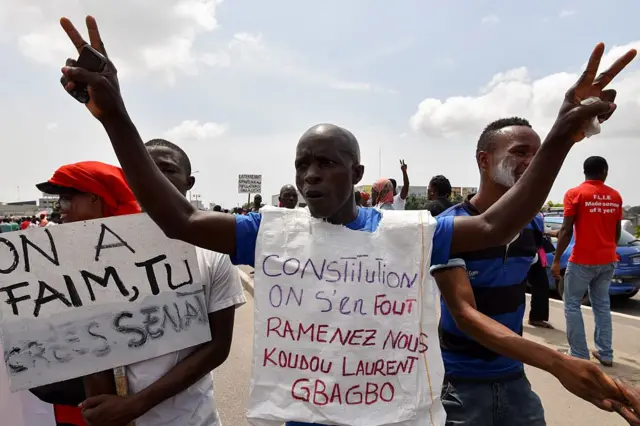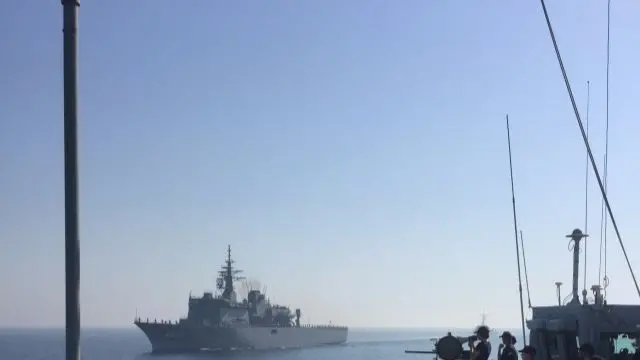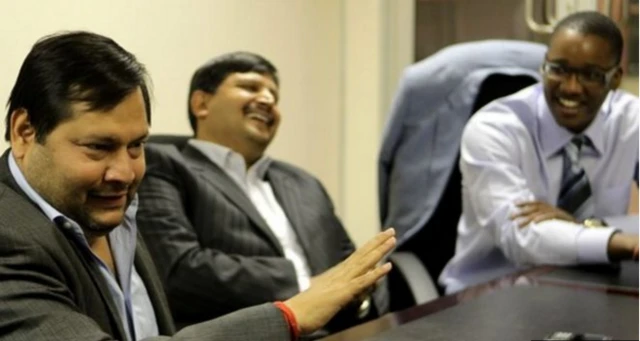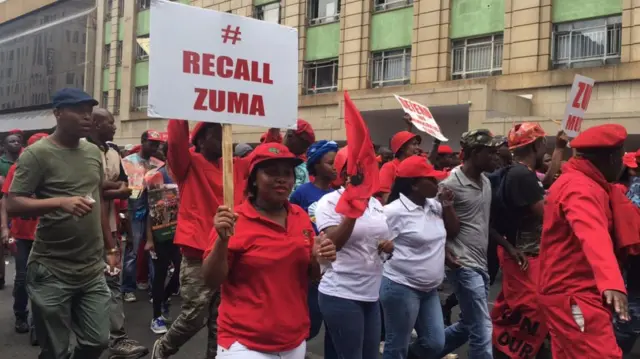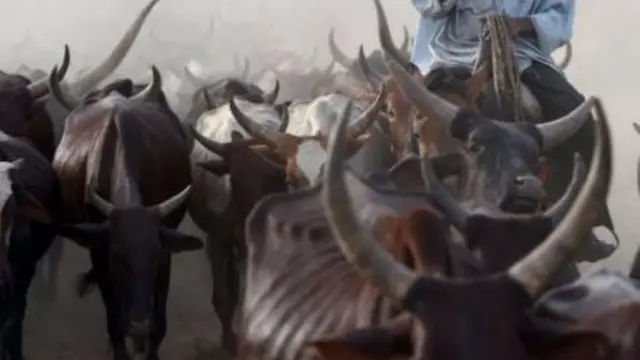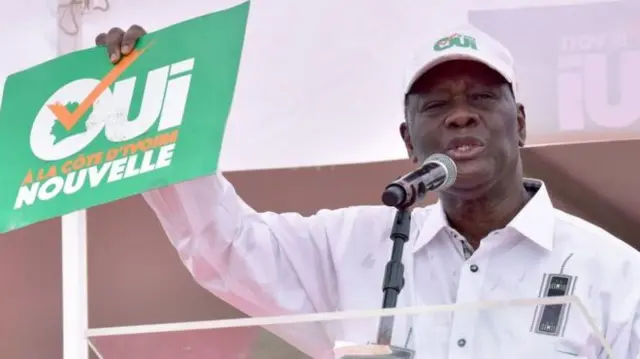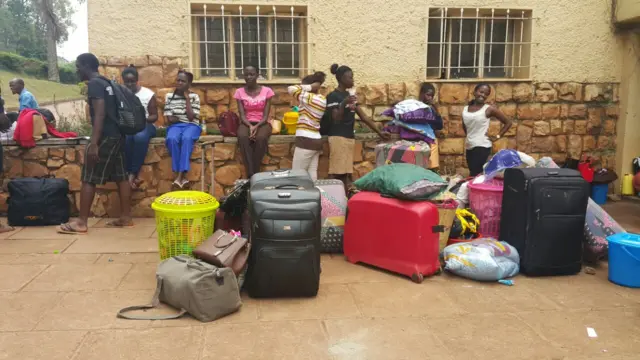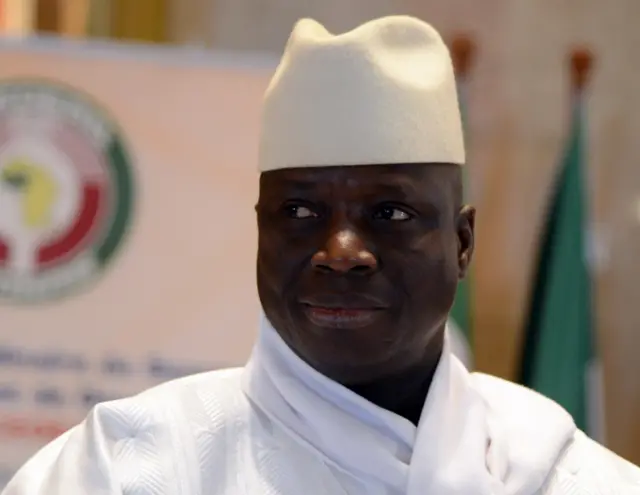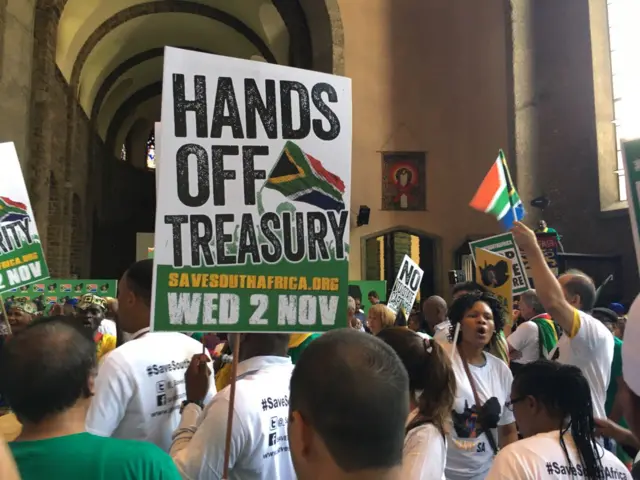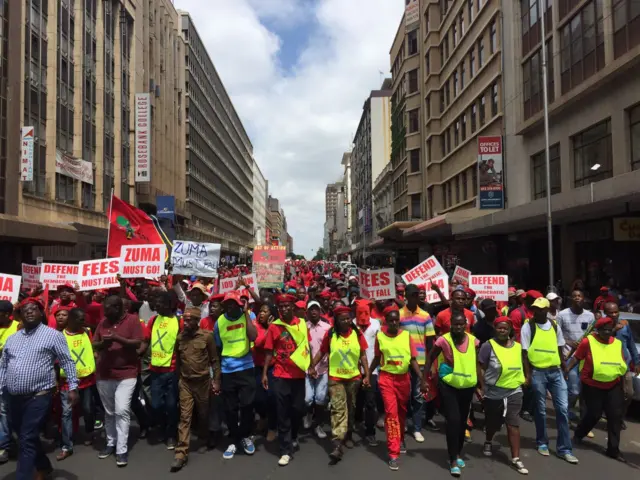Anti-Zuma marchers teargassed in South Africapublished at 13:50 GMT 2 November 2016
South African police have fired stun grenades and water cannon to disperse protesters who marched towards President Jacob Zuma’s offices in the capital, Pretoria, demanding he resign.
Some have tweeted from the scene:
Allow X content?
This article contains content provided by X. We ask for your permission before anything is loaded, as they may be using cookies and other technologies. You may want to read X’s cookie policy, external and privacy policy, external before accepting. To view this content choose ‘accept and continue’.
There have also been reports of some looting during one of the marches in the city’s central business district, as this video on Twitter shows:
Allow X content?
This article contains content provided by X. We ask for your permission before anything is loaded, as they may be using cookies and other technologies. You may want to read X’s cookie policy, external and privacy policy, external before accepting. To view this content choose ‘accept and continue’.
